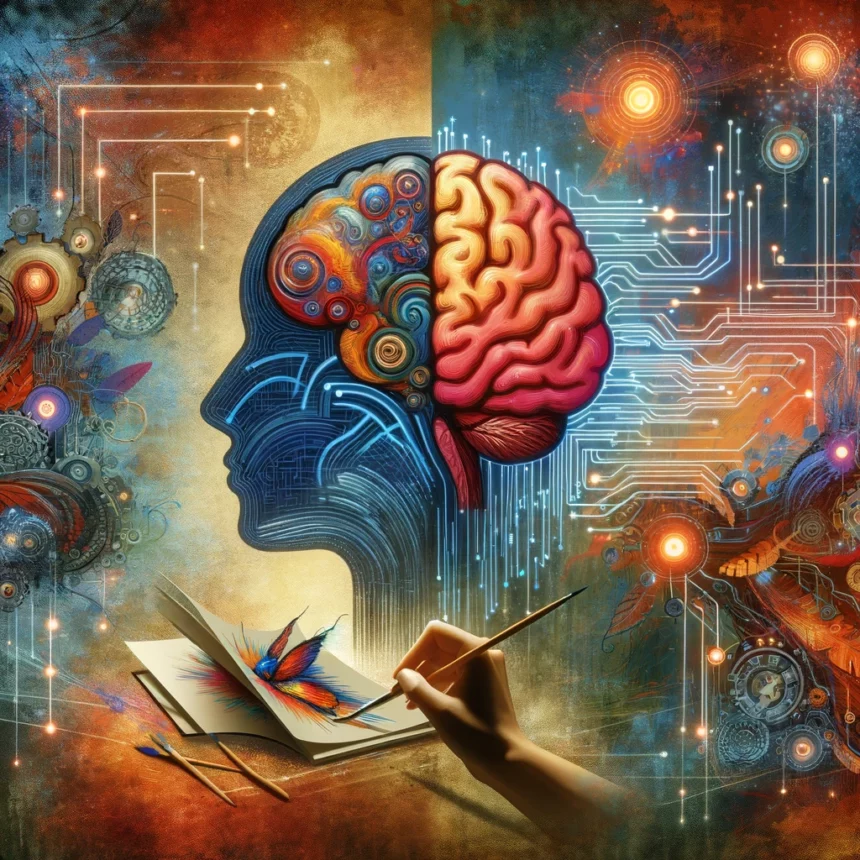The question of whether using AI tools makes people lazy is a multifaceted one, touching on various aspects of education, productivity, and human behavior. While some argue that AI can potentially reduce the need for critical thinking and effort, others believe that it can enhance productivity and learning outcomes when used appropriately. Here, we explore both sides of the debate, supported by insights from recent studies.
Potential for Laziness
One of the main concerns about AI tools, such as generative AI, is that they might encourage laziness by allowing individuals to bypass the hard work of critical thinking and creativity. For instance, students might rely on AI to generate essays or solve problems without fully engaging with the material. This could lead to a superficial understanding of the subject matter and a decline in cognitive skills over time.
A study from the Harvard Graduate School of Education highlighted that while AI can provide valuable support, there is a risk that students might misuse these tools, leading to academic dishonesty and a reliance on AI-generated content instead of developing their own ideas and solutions (Harvard Graduate School of Education) (Harvard Graduate School of Education).
Enhancing Productivity and Learning
On the other hand, AI tools have been shown to enhance productivity and support learning when used correctly. They can automate repetitive tasks, provide personalized feedback, and offer real-time assistance, allowing individuals to focus on more complex and creative aspects of their work.
For example, research conducted by the Berkman Klein Center at Harvard discussed how AI tutors could provide equalizing educational opportunities by offering quality educational support to all students, potentially reducing disparities in academic performance (Berkman Klein Center) (Berkman Klein Center). Additionally, another study found that AI can help teachers provide better feedback in project-based learning environments, like makerspaces, where constant feedback is essential for student engagement and success (Harvard Graduate School of Education) (Harvard Graduate School of Education).
Balancing AI Use
The key to preventing AI from fostering laziness lies in how these tools are integrated into educational and professional environments. Educators and employers need to create systems that encourage the responsible use of AI, emphasizing critical thinking, creativity, and ethical considerations. This includes designing assessments that test original thinking and the application of knowledge rather than rote tasks that AI can easily perform.
Harvard experts suggest that instead of viewing AI as a crutch, it should be seen as a complement to human abilities. For instance, using AI to generate ideas or draft outlines can free up cognitive resources for deeper analysis and refinement of those ideas (Harvard Graduate School of Education) (Harvard University) (Harvard Graduate School of Education).
Conclusion
While AI tools have the potential to make people lazy if misused, they also offer significant benefits that can enhance learning and productivity. The challenge lies in finding the right balance and ensuring that these tools are used to augment human capabilities rather than replace them. By fostering a culture of responsible AI use, we can leverage these technologies to achieve greater efficiency and innovation without sacrificing the development of critical thinking and creativity.
In conclusion, the impact of AI on laziness is not a straightforward issue. It depends largely on how these tools are implemented and the attitudes of users towards their own learning and productivity. With thoughtful integration and appropriate safeguards, AI can be a powerful ally in both education and the workplace.


Laisser un commentaire